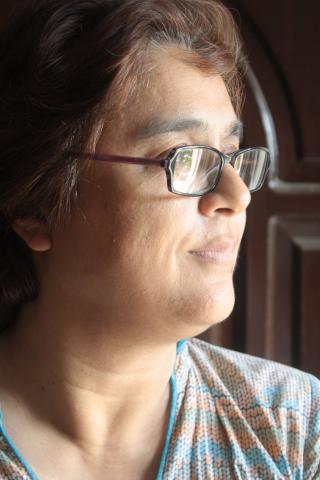Fort Bend County Libraries will have an educational series focusing on “Ancient Civilizations” this spring. The series will begin in January with programs on Egypt and Mesopotamia & Ancient Persia.
The series is presented by art and architecture history professor Sheba Akhtar. Akhtar received her Master of Architecture degree from the University of Pennsylvania and taught art and architecture history for 20 years. She has practiced as an architect in the United States, England, Scotland, Jordan, and Pakistan. She is the author of Of Colour and Form and numerous articles on art and architecture.
The programs are free and open to the public. For more information, call the libraries or the library system’s Communications Office at 281-633-4734.
- “Ancient Civilizations: Egypt” at George Memorial Library (Richmond)
As part of the “Ancient Civilizations” series, George Memorial Library will have an educational program on Egypt on Saturday, January 12, beginning at 1:00 pm, in the Meeting Room of the library.
Sheba Akhtar will talk about the significance of the Nile River to the history of Egypt. Learn about the evolution of the pyramids in the Old Kingdom and the rock-carved tombs of the Middle Kingdom. Akhtar will also talk about the architectural wonders of the New Kingdom, such as King Tut’s Tomb in the Valley of the Kings, the Temple at Karnak, Queen Hatshepsut’s Mortuary Temple, and Ramses II’s Temple at Abu Simbel.
The series will continue at George Memorial Library in February and March with programs on Greece and Rome.
- “Ancient Civilizations: Mesopotamia & Ancient Persia” at Sugar Land Branch Library
As part of the “Ancient Civilizations” series, the Sugar Land Branch Library will have an educational program on Mesopotamia & Ancient Persia on Saturday, January 26, from 2:00 to 4:00 pm, in the Meeting Room of the library.
Sheba Akhtar will talk about how Mesopotamia became known as the “Cradle of Civilization” through its religion, writing, cities, art, and architecture. Learn about the emergence of agriculture in the “fertile crescent.” Discover how Ancient Persia was shaped by events such as the Babylonians’ destruction of Solomon’s Temple in Jerusalem, the Persian Emperor Cyrus’s conquest of Babylon and reconstruction of the Jewish temple, and Alexander’s defeat of Persia and the burning of the Persian capital, Persepolis.
The series will continue at the Sugar Land Branch Library in February and March with programs on the Indus Valley Civilization and Early Christianity.
